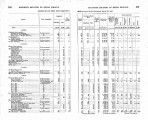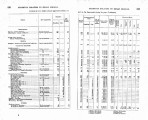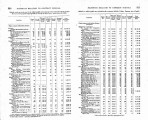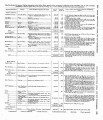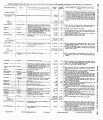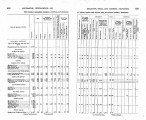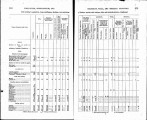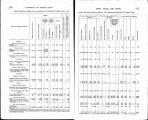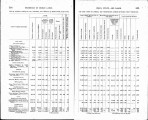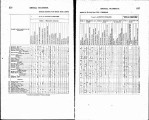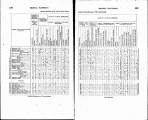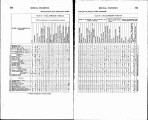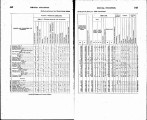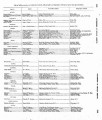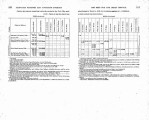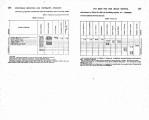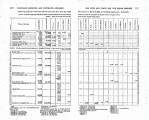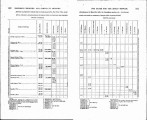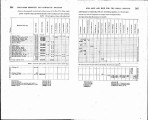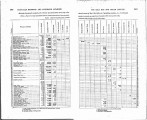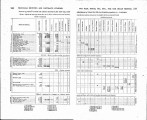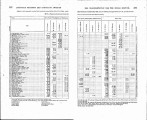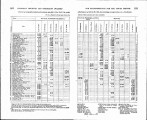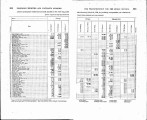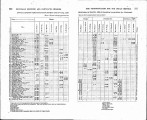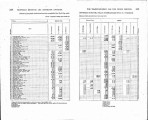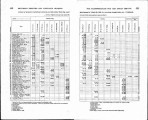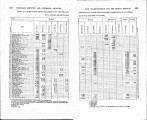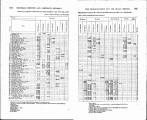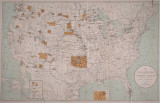| Title |
Annual Report of the Commissioner of Indian Affairs - 1889 |
| Subject |
Indian reservations; Federal government; Indians of North America; Indians of North America--Education; Courts; Allotment of land; Land use; Railroads; Timber; White people--Relations with Indians; Health; Annuities; Horses; Natural resources; Education; Agriculture; Crime; Work; Indigenous peoples--North America |
| Keywords |
Annual Report; Indian Agency; Reservations; Indian; White Relations; Allotment; Resources; Tribal Funds; Superintendency; Native Americans |
| Publisher |
Digitized by J. Willard Marriott Library, University of Utah |
| Tribe |
Ute |
| Band |
Uintah; Uncompahgre |
| Language |
eng |
| Description |
Excerpts concerning Utah from the Annual Report of the Commissioner of Indian Affairs - Courtesy of the University of Wisconsin Digital Collections. Commissioner of Indian Affairs T.J. Morgan discusses the integration of Indians into "national life", the process by which BIA employees are chosen, the goals of Indian schools, the government's campaign to promote farming among the Indians, the need to establish hospitals on Indian lands, the distribution of allotments, the landscape of crime prevention and law enforcement among Indians, and the construction and operation of railroads. The Commissioner reports that the Utah Midland Railway Company has not yet filed maps outlining its intended construction zones. A Southern Ute Agent reports success in agricultural pursuits and improvements in performance by school children. The Uintah Ouray Agent submits a report regarding annuity distribution, agricultural progression, his perception regarding industriousness among the Indians, and the discovery of certain minerals on reservation land. The Ouray Agent also describes mineral discoveries, work ethics, and claims by the Indians involving losses of horses and cattle. The Superintendent of Indian Schools files a separate report regarding the state of education in American Indian schools |
| Type |
Text |
| Coverage |
Uintah and Ouray Indian Reservation (Utah); Utah; Washington (D.C.) |
| Format |
application/pdf |
| Rights |
Digital Image © 2011 America West Center. All Rights Reserved |
| ARK |
ark:/87278/s6q55kb5 |
| Creator |
Commissioner of Indian Affairs; Morgan, T. J. |
| Date |
1889 |
| Spatial Coverage |
Whiterocks (Utah); Colorado; Uintah and Ouray Indian Reservation (Utah); Utah; Washington (D.C.) |
| Setname |
uaida_main |
| ID |
369253 |
| Reference URL |
https://collections.lib.utah.edu/ark:/87278/s6q55kb5 |









































































































































